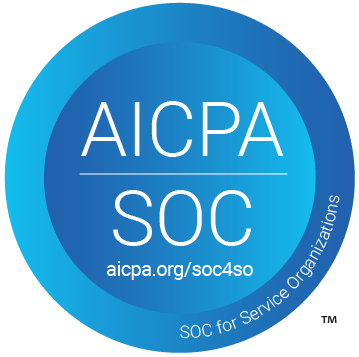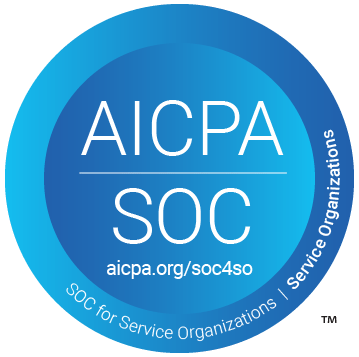Learn how to automate WhatsApp booking confirmations from Calendly using Pabbly Connect and Pabbly Connect with this detailed step-by-step tutorial. Transform complex automation concepts into accessible, actionable steps that eliminate unnecessary manual work while maximizing existing application capabilities.
Watch Step By Step Video Tutorial Below
1. Accessing Pabbly Connect for Automation
To send WhatsApp booking confirmations from Calendly, the first step is accessing Pabbly Connect. This platform serves as the backbone for your automation process. Start by navigating to the Pabbly Connect website and signing in with your existing account or signing up for a new one if you are a first-time user.
Once logged in, you will be directed to the Pabbly Connect dashboard. Here, you can create a new workflow that will automate sending WhatsApp messages. Click on the ‘Create Workflow’ button to begin setting up your automation.
2. Creating a New Workflow in Pabbly Connect
In this step, you will create a workflow that links Calendly with WhatsApp through Pabbly Connect. First, give your workflow a descriptive name, such as ‘Send WhatsApp Booking Confirmations from Calendly.’ After naming your workflow, select the appropriate folder to store it.
- Name your workflow appropriately.
- Select a folder for organization.
- Click on the ‘Create’ button to finalize.
After creating the workflow, you will see two main sections: the trigger and action windows. The trigger is what initiates the workflow, while the action is what happens as a result. You will set up the trigger to capture new bookings made in Calendly.
3. Setting Up the Trigger with Calendly
The next step involves configuring the trigger in your Pabbly Connect workflow. Select Calendly as your trigger application and choose the event ‘Invite Created’. This means that every time a new booking is made, it will trigger the workflow.
After selecting the trigger event, click on the ‘Connect’ button. You will need to authorize Pabbly Connect to access your Calendly account. Once connected, select your organization and user from the dropdown menu and click on ‘Save and Send Test Request’ to ensure the connection is successful.
4. Configuring the Action to Send WhatsApp Messages
After successfully setting up the trigger, the next step is configuring the action that sends WhatsApp messages using Pabbly Chatflow. In your workflow, choose Pabbly Chatflow as the action application and select ‘Send Template Message’ as the action event.
Connect your Pabbly Chatflow account to Pabbly Connect by entering the API token from your Chatflow settings. After connecting, you will need to map the recipient’s mobile number and select the template you created for booking confirmations.
- Map the recipient’s WhatsApp number from the previous step.
- Select the appropriate template for the message.
- Fill in any additional parameters required by the template.
Once all fields are filled, click on ‘Save and Send Test Request’ to test the action. This will send a WhatsApp message to the designated recipient confirming their booking.
5. Testing the Automation Workflow
To ensure everything is functioning correctly, conduct a test booking through your Calendly link. As soon as the booking is made, Pabbly Connect should capture the details and trigger the WhatsApp message via Pabbly Chatflow.
After making the booking, check your WhatsApp to confirm that the message was received. The confirmation should include details such as the customer’s name, booking date, time, property type, and budget range. If the message is received successfully, your automation is set up correctly!
Conclusion
In this tutorial, you learned how to automate sending WhatsApp booking confirmations from Calendly using Pabbly Connect and Pabbly Chatflow. This integration enhances customer experience by providing instant confirmation messages, streamlining your booking process effectively.
Ensure you check out Pabbly Connect to create business automation workflows and reduce manual tasks. Pabbly Connect currently offer integration with 2,000+ applications.
- Check out Pabbly Connect – Automate your business workflows effortlessly!
- Sign Up Free – Start your journey with ease!
- 10,000+ Video Tutorials – Learn step by step!
- Join Pabbly Facebook Group – Connect with 21,000+ like minded people!






